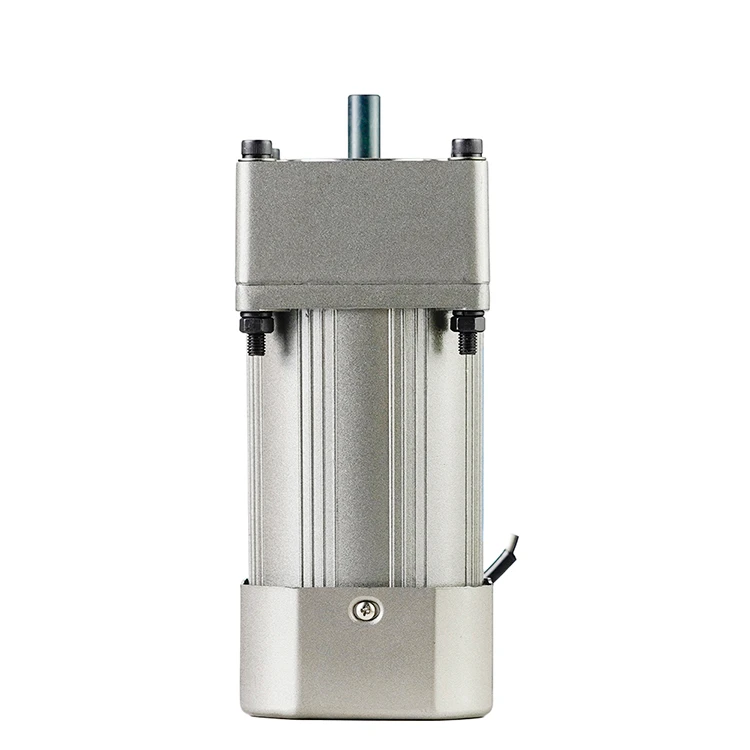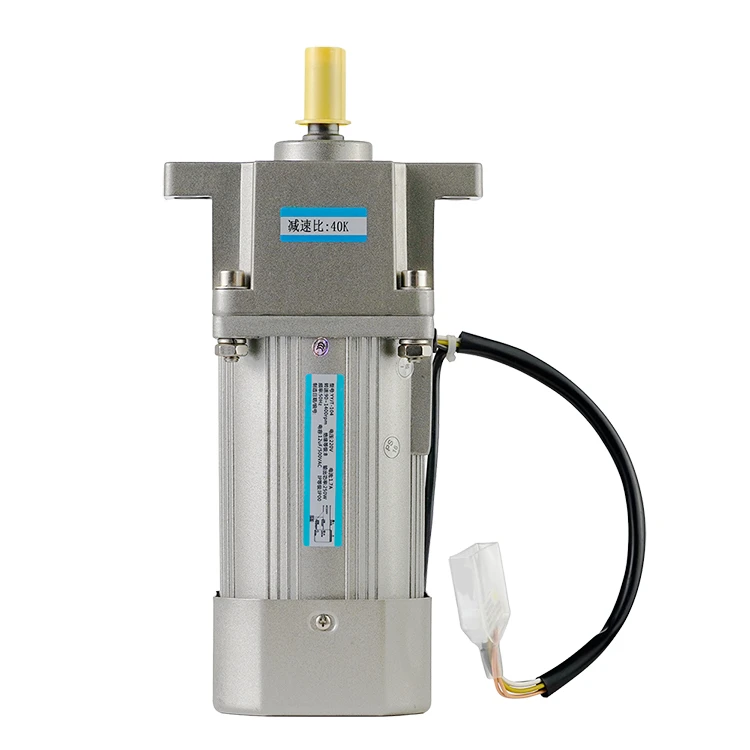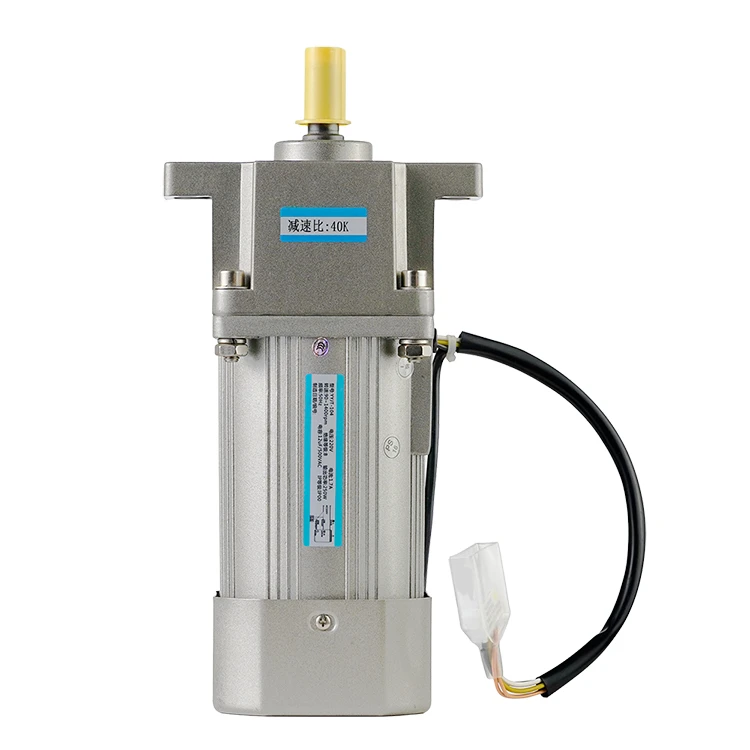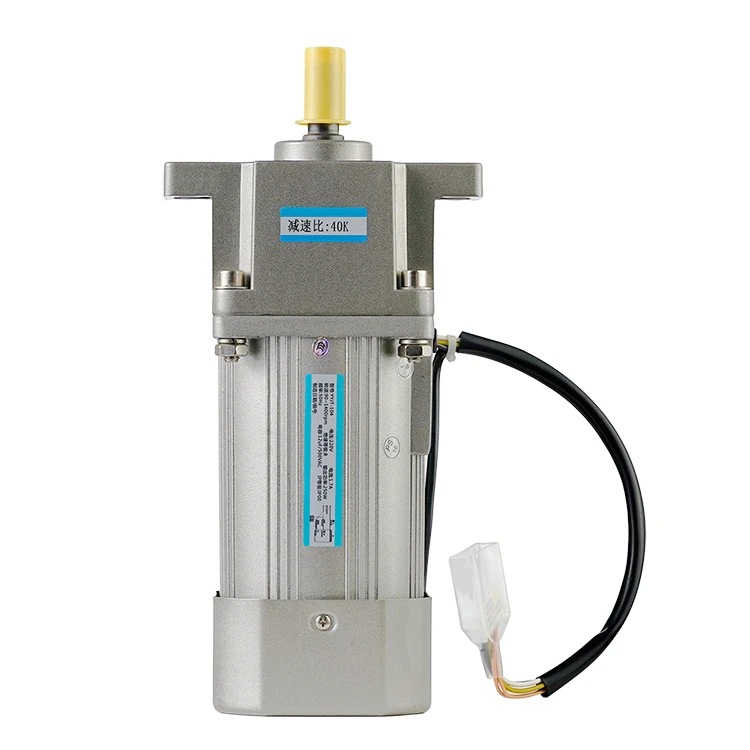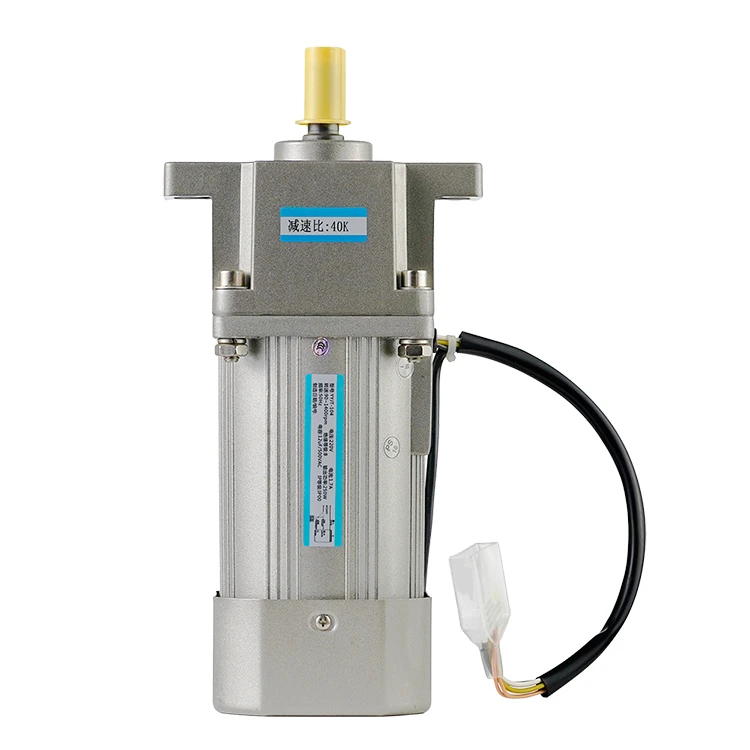Are servo motors AC or DC?
2023-01-21 17:31:33
Servo motors are electric motors designed to precisely control motor shaft position, velocity, and acceleration. They are commonly used in applications that require high accuracy and responsiveness, such as robotics, automation, and precision motion control systems. In this research essay, we will explore the question of whether servo motors are AC or DC, and we will discuss the advantages and disadvantages of each type of servo motor.
AC Servo Motors
AC servo motors operate on AC power and use electronic commutation to control the motor rotation. They typically use three-phase winding circuits, which generate a rotating magnetic field that drives the motor rotor. AC servo motors are more efficient and durable than DC servo motors, as they do not require the additional components and losses associated with DC-to-AC conversion.
Advantages of AC Servo Motors
One of the main advantages of AC servo motors is their high efficiency, which can achieve up to 95% efficiency, compared to 85-90% for DC servo motors. AC servo motors can produce more power and torque for a given input power, making them suitable for high power and speed applications. AC servo motors are also more durable, with a service life of up to 15,000 hours, compared to 5,000-10,000 hours for DC servo motors.
Applications of AC Servo Motors
AC servo motors are typically used in applications that require high power and speed, such as in industrial machinery, high-performance robotics, and large-scale automation systems. They are also used in applications that require precise motion control, where high accuracy and responsiveness are important.
DC Servo Motors
DC servo motors operate on DC power and use electronic commutation to control the motor rotation. They typically use a single-phase winding circuit, which generates a pulsating magnetic field that drives the motor rotor. DC servo motors are more versatile and compact than AC servo motors, and they can be easily integrated into a wide range of electronic control systems.
Advantages of DC Servo Motors
DC servo motors can be easily controlled using electronic circuits and microprocessors, which allows for precise speed and position control. They are suitable for applications that require precise motion control, such as in computer drives, robotics, and servo systems. DC servo motors are also more versatile in terms of their power supply, as they can be powered by any DC voltage source, making them more flexible and portable. They are also smaller and more lightweight than ac servo motors, making them suitable for applications where space is limited.
Applications of DC Servo Motors
DC servo motors are typically used in applications that require precise speed and position control, such as in computer drives, robotics, and servo systems. They are also used in portable and handheld applications, where compact size and low weight are important.
Conclusion
In conclusion, servo motors can be either AC or DC, depending on the specific design and application. AC servo motors are typically more efficient and durable, while DC servo motors are more versatile and compact. Both types of servo motors have advantages and disadvantages, and the choice of AC or DC depends on the specific requirements of the application.
See What Lunyee Can Do For You
Contact Us
- 8619149417743
- +86-0371-5562 0274
- [email protected]
- Zhengzhou, Henan Province, China
- Mon-Fri: 9:00 - 18:00
